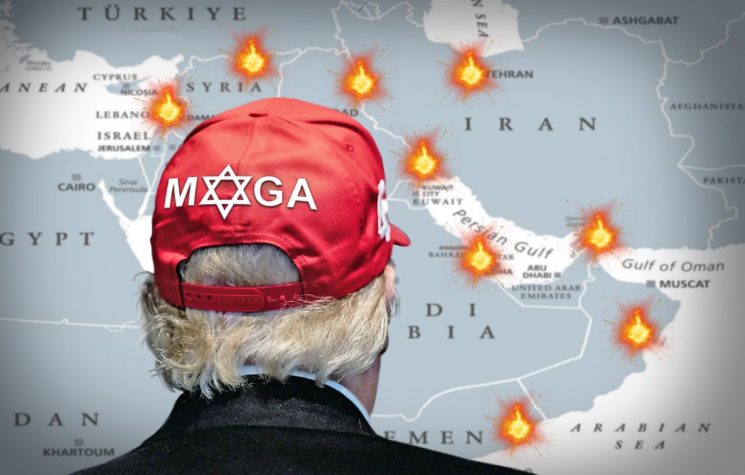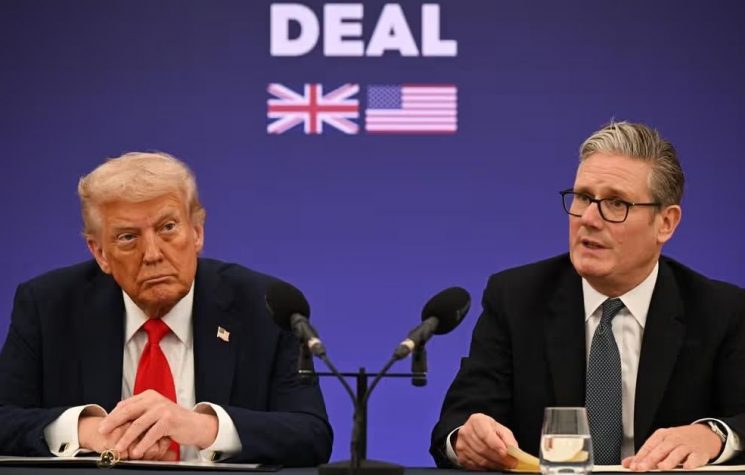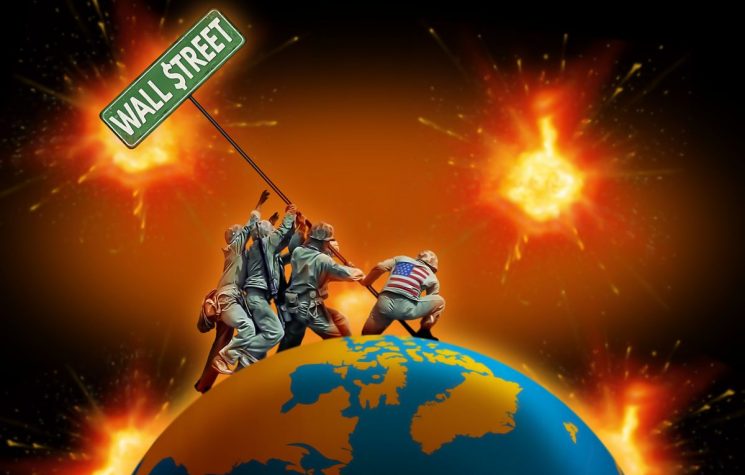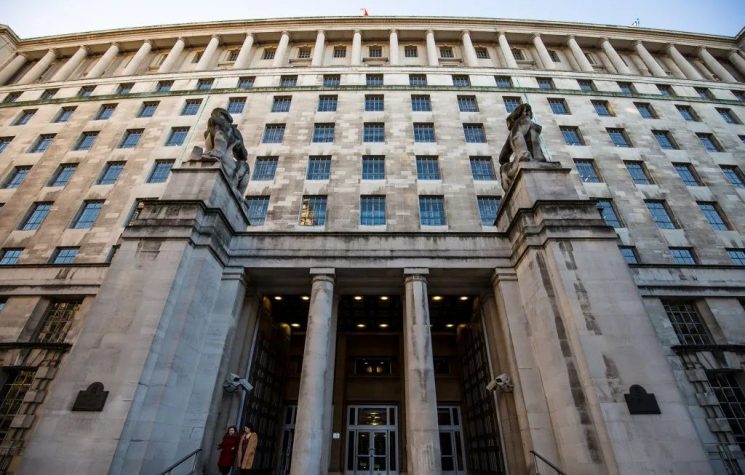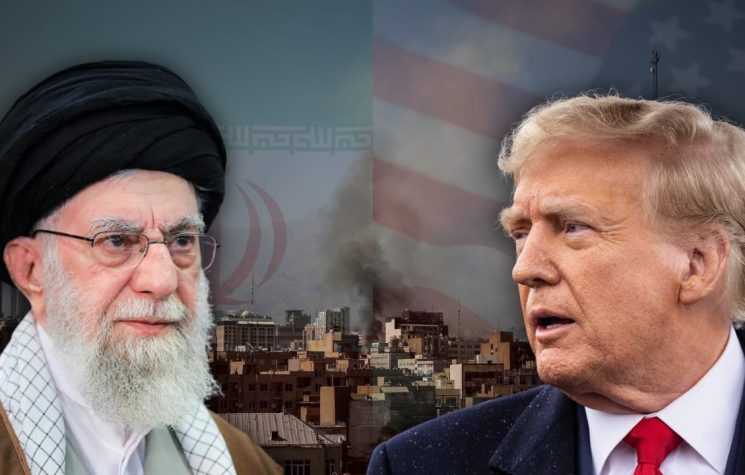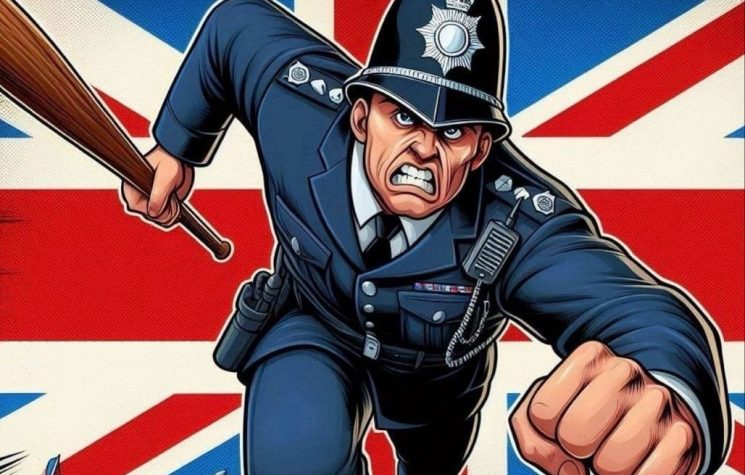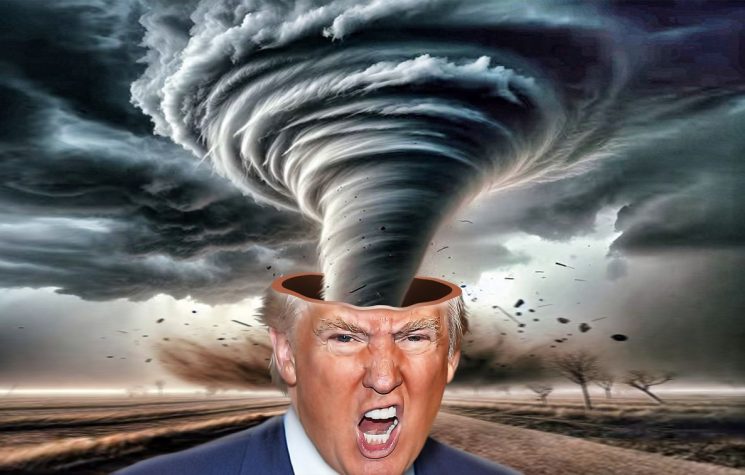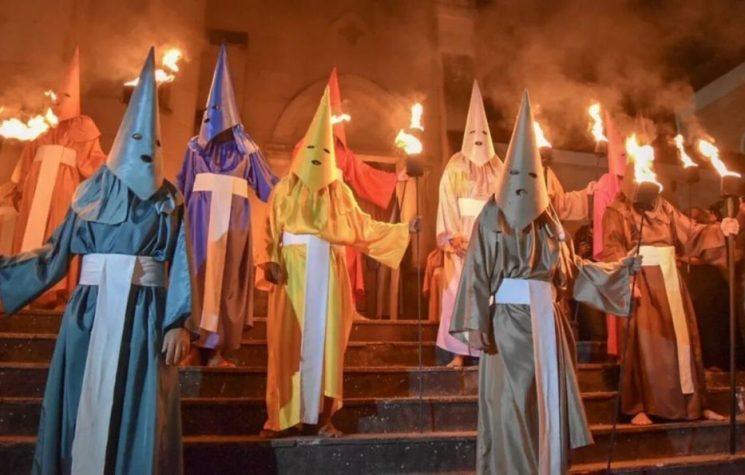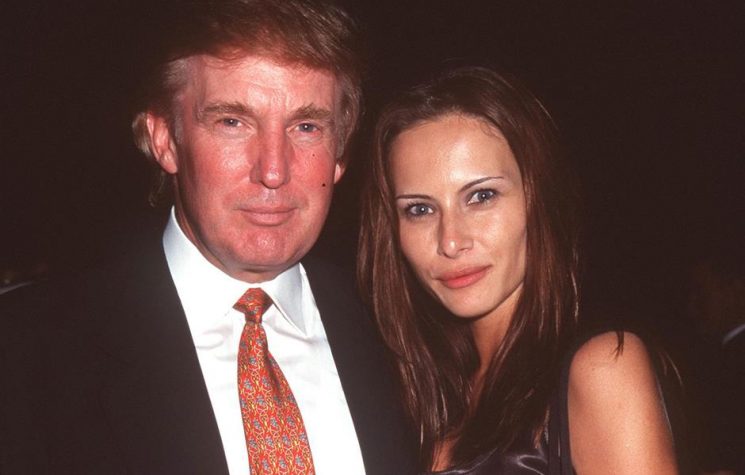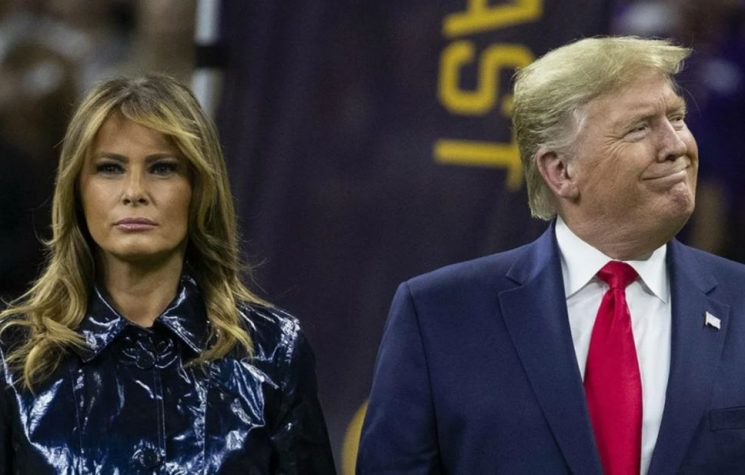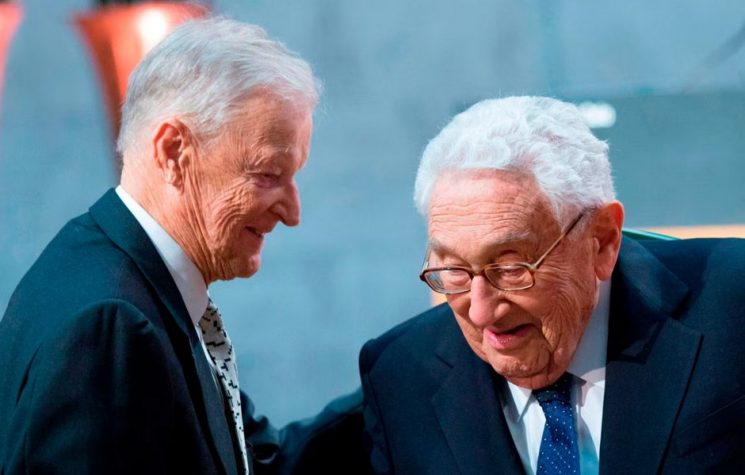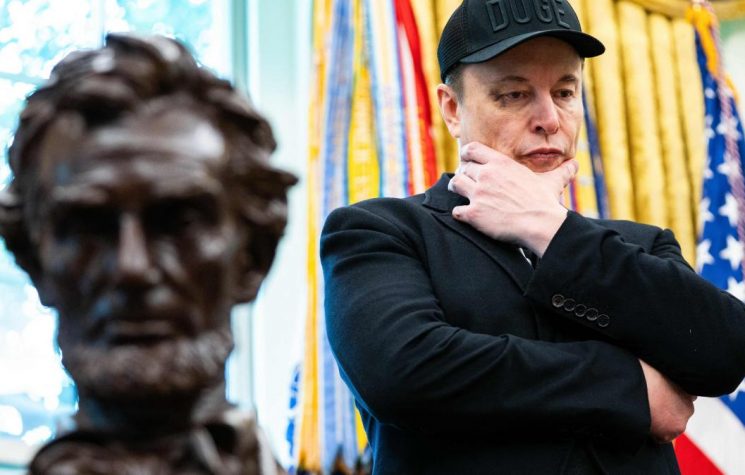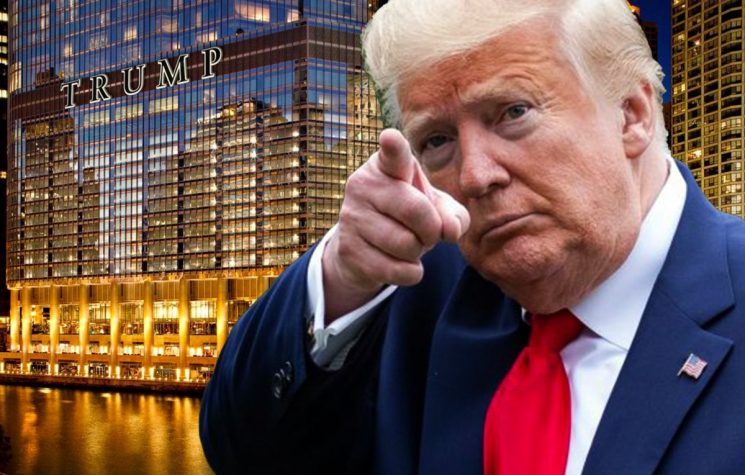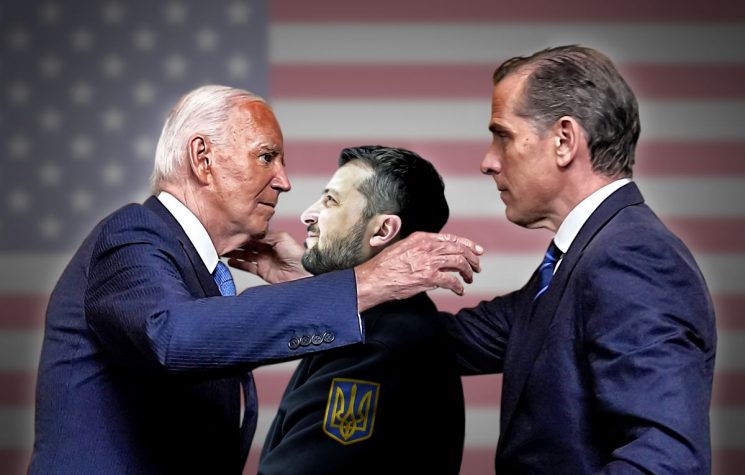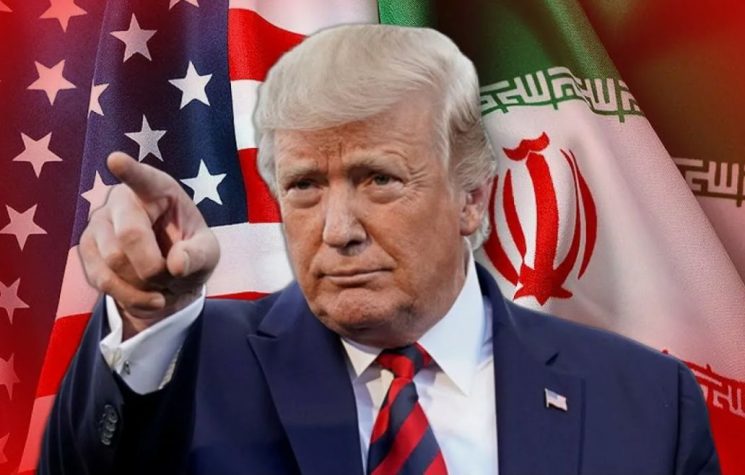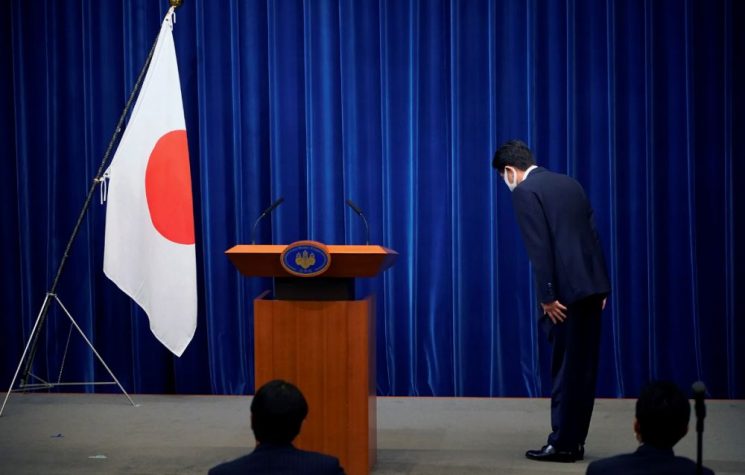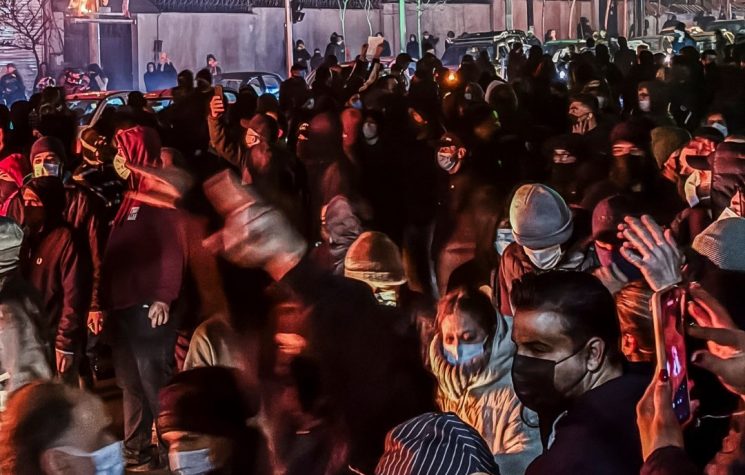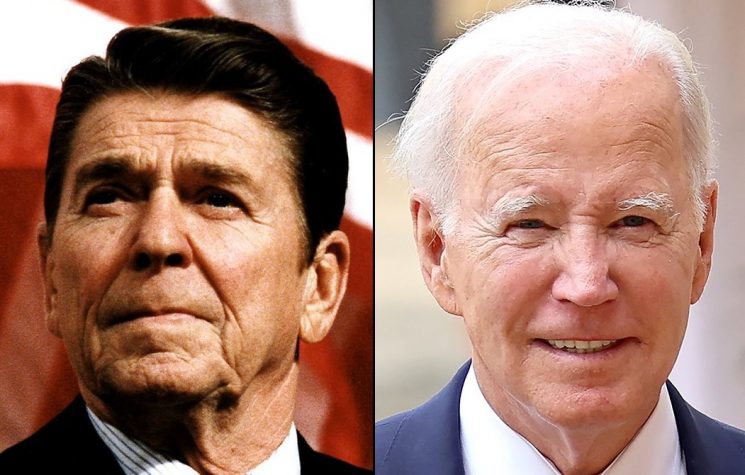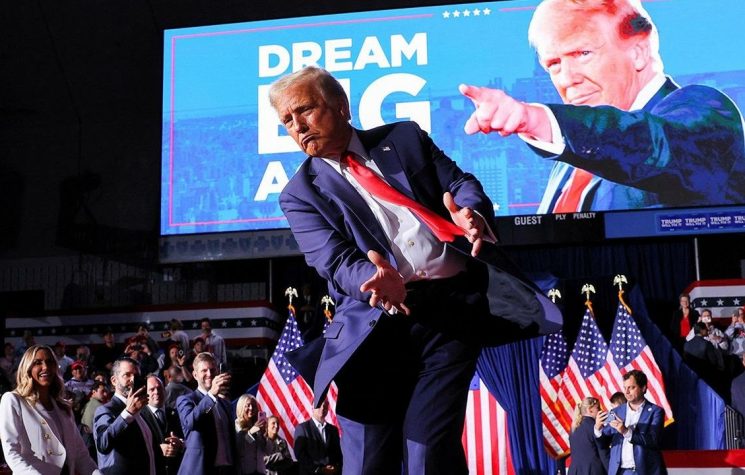At the moment it appears likely that the next president of the United States will not be Donald Trump, and as the only Democrat nominee in the contest is former vice-president Joe Biden it is possible we’ll be in for four years of the man who Trump calls “Sleepy Joe.”
In a bizarre series of allegations on August 7, William Evanina, the director of the U.S. National Counterintelligence and Security Centre, declared that there are “foreign threats” to the 2020 presidential election. As usual there was no evidence of any sort, but he warned in particular that Russia is using a range of measures to “primarily denigrate” Biden, while China wants Trump to be dumped. It has escaped the attention of the new Cold Warriors that there is no need for Russia to denigrate Biden, because there’s plenty of denigration going his way from an awful lot of U.S. citizens, led by the egregious Trump. Similarly, while it is obvious that China wants Trump to fade away from the scene, this is wanted by a majority of American voters. Further, as reported by the Washington Post, “according to a Pew survey of respondents in 32 countries, 64 percent of people said they had no confidence in Trump as the United States’ leader. Those grim views are particularly acute in Europe.”
There is no need for Moscow or Beijing to lift a finger. All they need to do is sit back and laugh at the shambles.
On August 3 Trump tweeted his usual torrent of messages, among them one claiming that his administration is doing “a very good job… on combatting the China Virus.” He was critical of the White House coronavirus coordinator, the distinguished physician Dr Deborah Birx, and referred to the Speaker of the House of Representatives as “crazy Nancy Pelosi”. The man is patently unhinged, and his vulgarity is contemptible, but it is interesting to ponder over what other differences there might be between him and Mr Biden, whose riposte to Trump’s tirade was “It’s hard to believe this has to be said, but if I’m elected president, I’ll spend my Monday mornings working with our nation’s top experts to control this virus — not insulting them on Twitter.”
It was notable that Biden did not refer to “the China Virus”, but this was not an indicator that his overall policy concerning China will be greatly different to that of Trump and his comrades. In regard to Russia, too, it is apparent that if Biden becomes president there will not be much of a shift away from Washington’s current confrontational stance. From what can be gathered from Biden’s public pronouncements on foreign policy, it’s likely to be business as usual for the Pentagon and the movers and shakers of America’s business giants.
Biden is no dove of peace. In spite of numerous backtracks, “misspokes” and plain fabrications, it is apparent that his record on supporting military intervention is hardly that of a dedicated negotiator who seeks dialogue rather than a Pentagon solution. He tried hard to convince the media that he was against the war on Iraq which President GW Bush began in 2003 — but the day the invasion began, Biden said on CNN that “There’s a lot of us who voted for giving the president the authority to take down Saddam Hussein if he didn’t disarm. And there are those who believe, at the end of the day, even though it wasn’t handled all that well, we still have to take him down.” That is hardly condemnation of Washington’s disastrous war, and when it became obvious that Biden was in a truth-muddle his public relations people sent a statement to the Washington Post claiming that “Vice President Biden misspoke by saying that he declared his opposition to the war immediately.”
His stance on Libya was much the same, and possible-president Biden was far from condemnatory about the US-Nato seven month bombing blitz that culminated in the overthrow and murder of President Gaddafi, telling the Los Angeles Times that “NATO got it right. In this case, America spent $2 billion and didn’t lose a single life. This is more the prescription for how to deal with the world as we go forward than it has in the past… Whether he’s alive or dead, he’s gone. The people of Libya have gotten rid of a dictator.” He then announced that he had argued “strongly against going to Libya” which may possibly have been the case — but if his arguments were strong they were very quiet.
Certainly, Biden has declared that force should be used “only to defend our vital interests, when the objective is clear and achievable” — but it seems on his past record that he is elastic concerning “vital interests” and willing to go toe-to-toe militarily if he imagines he has got “a prescription for how to deal with the world.”
He is inflexibly hostile to Russia, and wrote in Foreign Affairs that President Putin is “assaulting the foundations of Western democracy” by seeking to weaken NATO, divide the European Union, and undermining the U.S. electoral system. In common with comparable pronouncements, no evidence is produced to back up the allegations, but as with the current administration in Washington, possible-president Biden has encouraged the extension of the US-Nato military alliance ever closer to Russia’s borders. He strongly supports expansion of Nato to include Ukraine and Georgia, and has said that anti-Russia sanctions should be continued and even intensified.
His attitude to China is much the same, and he told the Council for Foreign Relations that “the free world” must unite in the face of China’s “high-tech authoritarianism” while it is Washington that must devise the “rules, norms, and institutions” that will govern the global use of new technologies. Reuters reports Biden as saying the current U.S.-China trade deal is “unenforceable,” and “full of vague, weak, and recycled commitments from Beijing,” allowing the country to keep “providing harmful subsidies to its state-owned enterprises” and “stealing America’s ideas.” This is the man whom a top U.S. intelligence official tells us is preferred to Trump by the Chinese government.
No matter who is next president of the United States, there will continue to be domestic chaos caused by incompetent reaction to the Covid-19 pandemic and rampant bigotry in police and para-military forces whose repression of peaceful anti-racist demonstrations has been brutal. There will also be continuance of a stumbling but belligerent foreign policy dictated by the Pentagon and its powerful business associates.
Ordinary American citizens, like those of Russia and China and the rest of the world, want peace, good governance and prosperity. Another Trump presidency would fail to deliver these aspirations — but given present trends it seems that a Biden presidency will be as confused and belligerent as that of Trump and that people will suffer accordingly.








